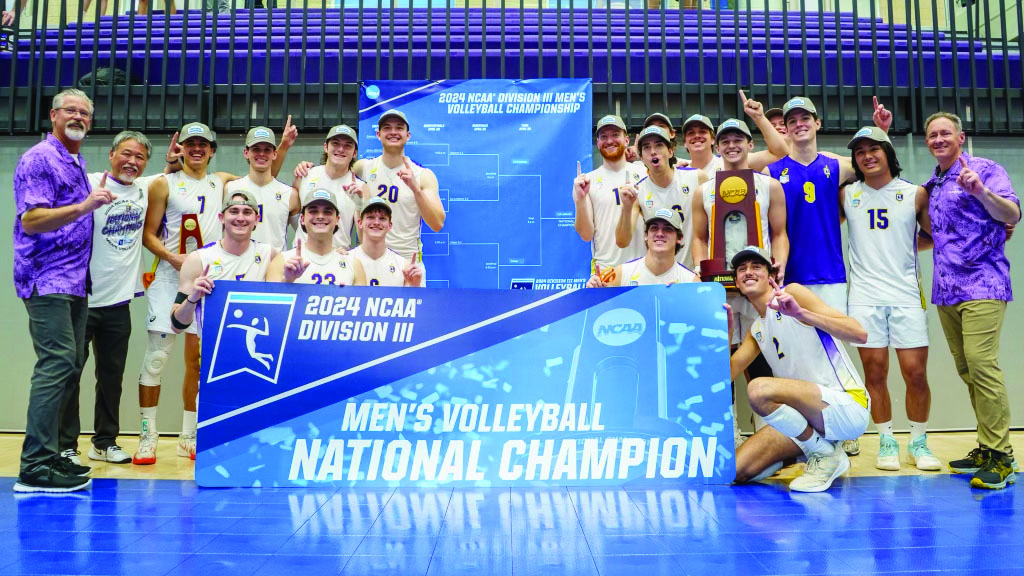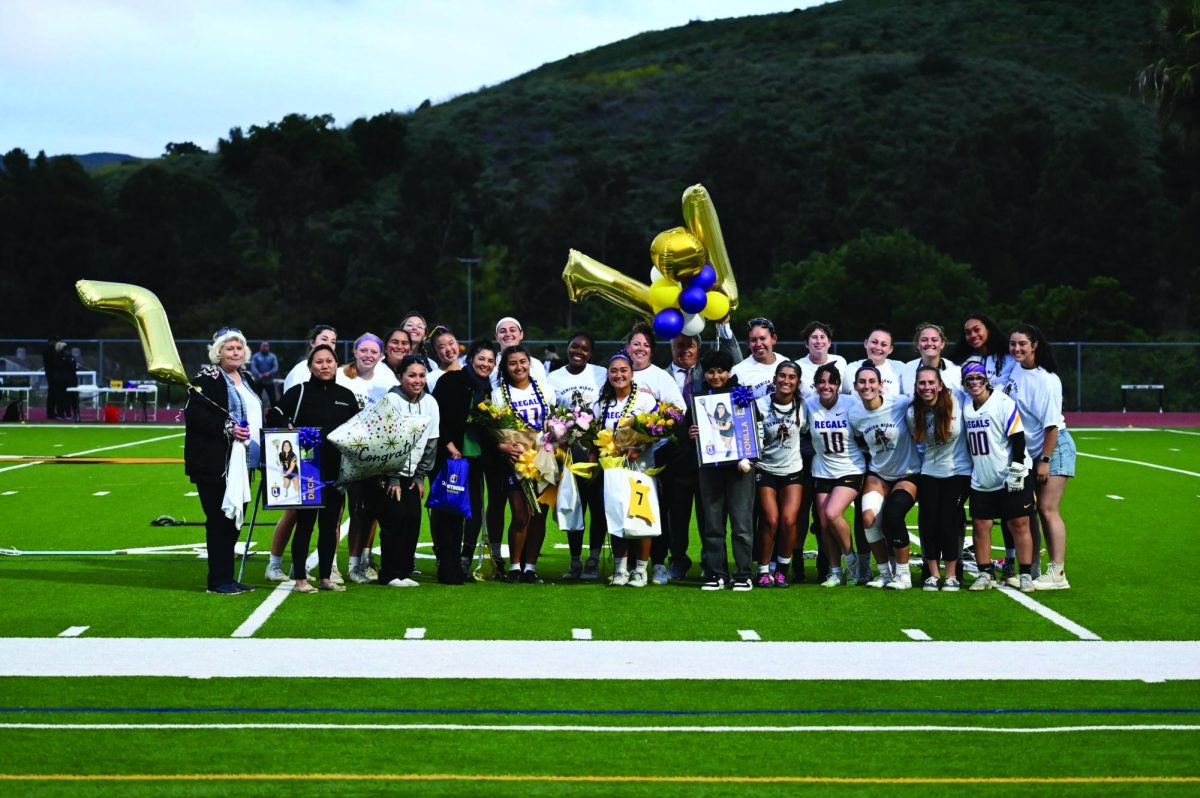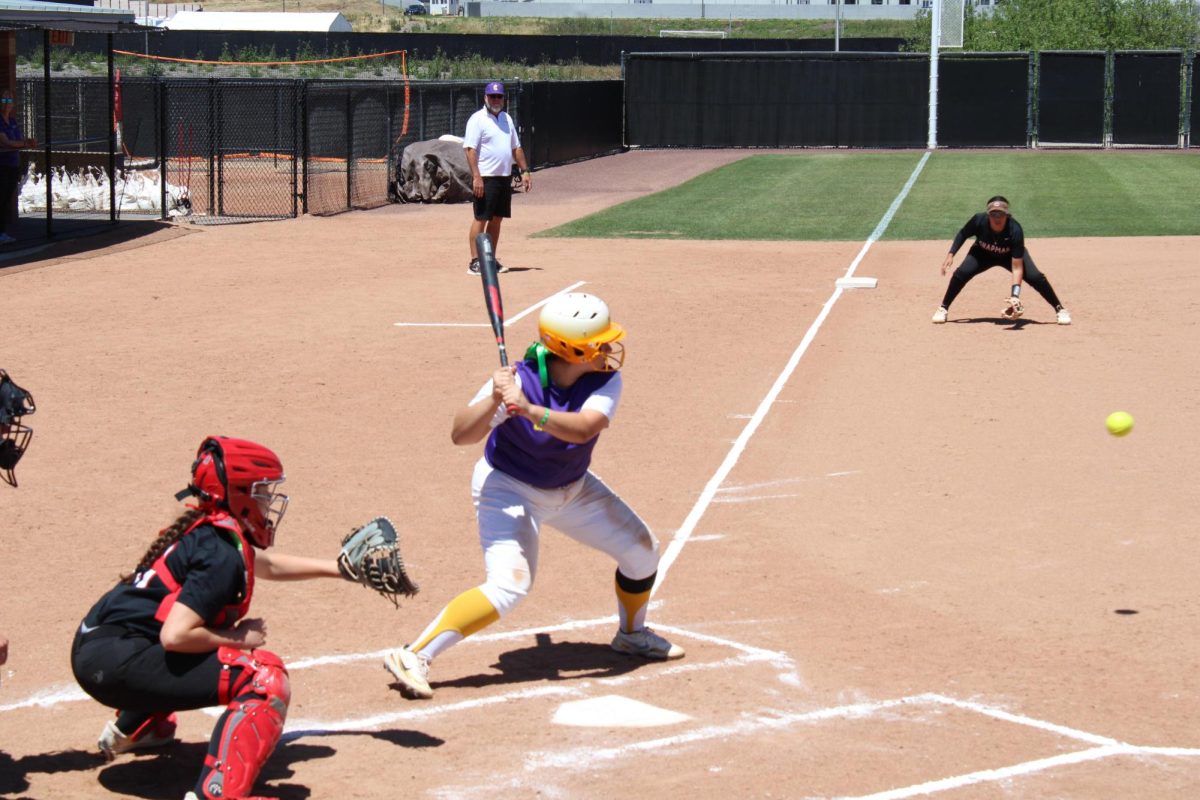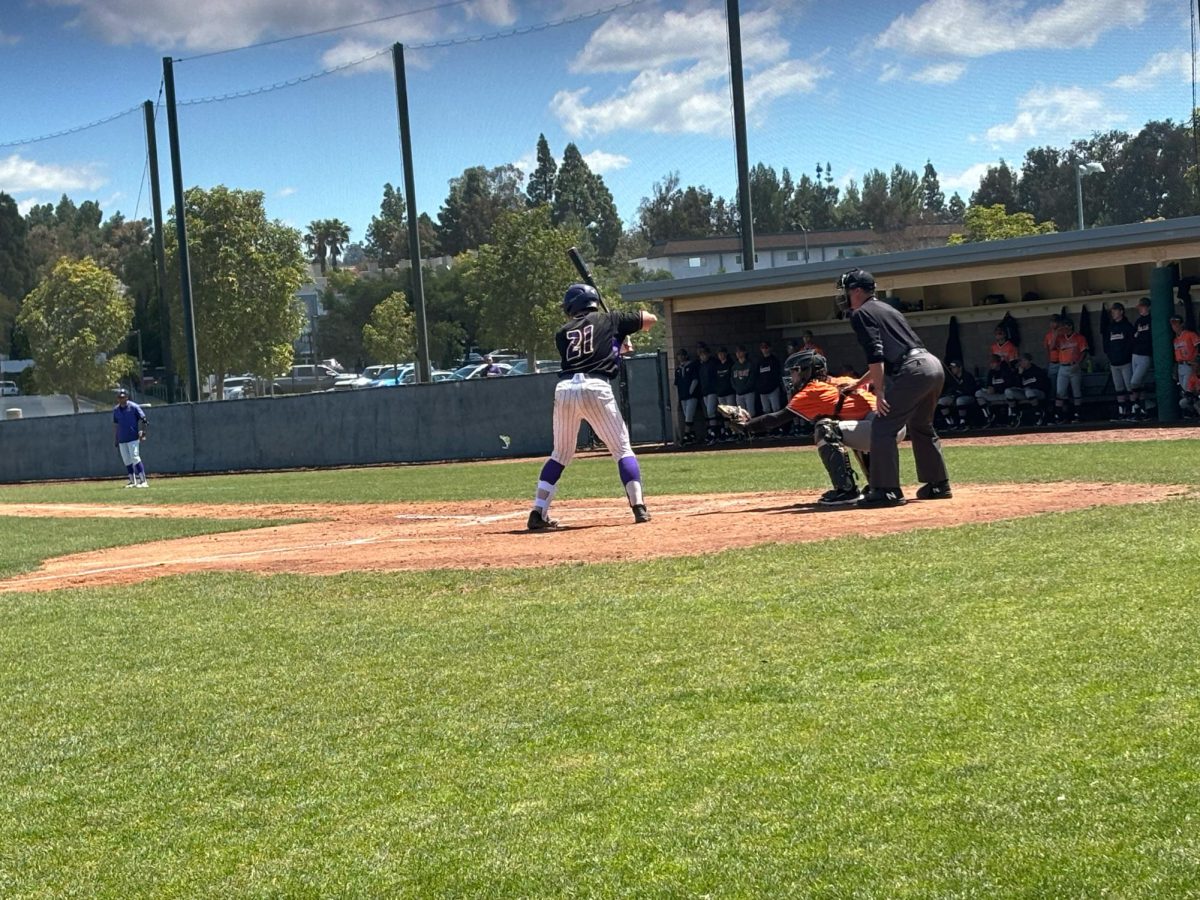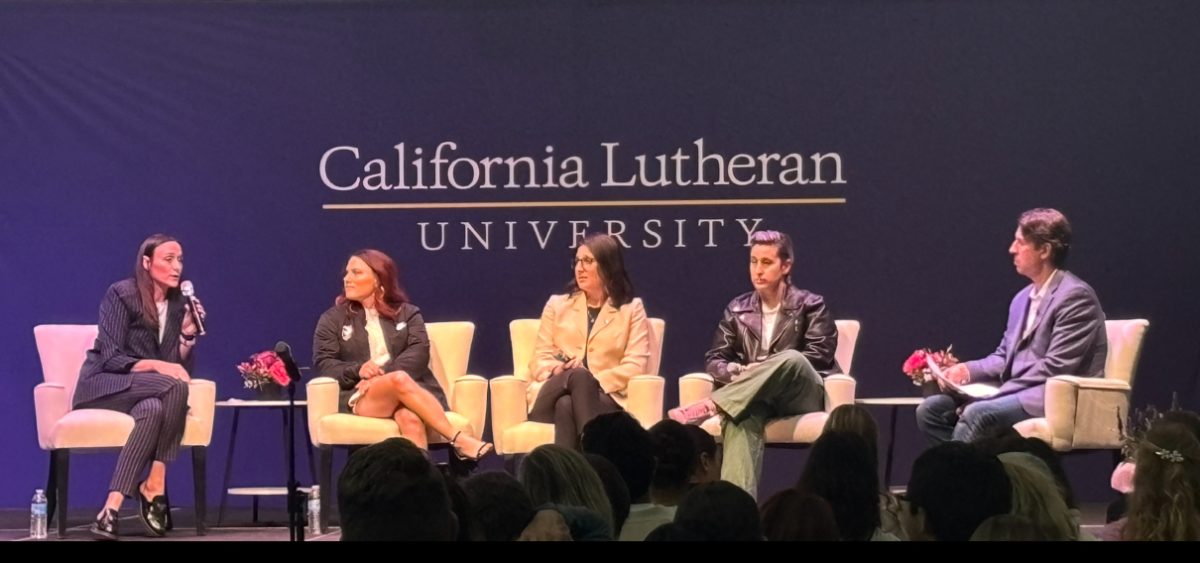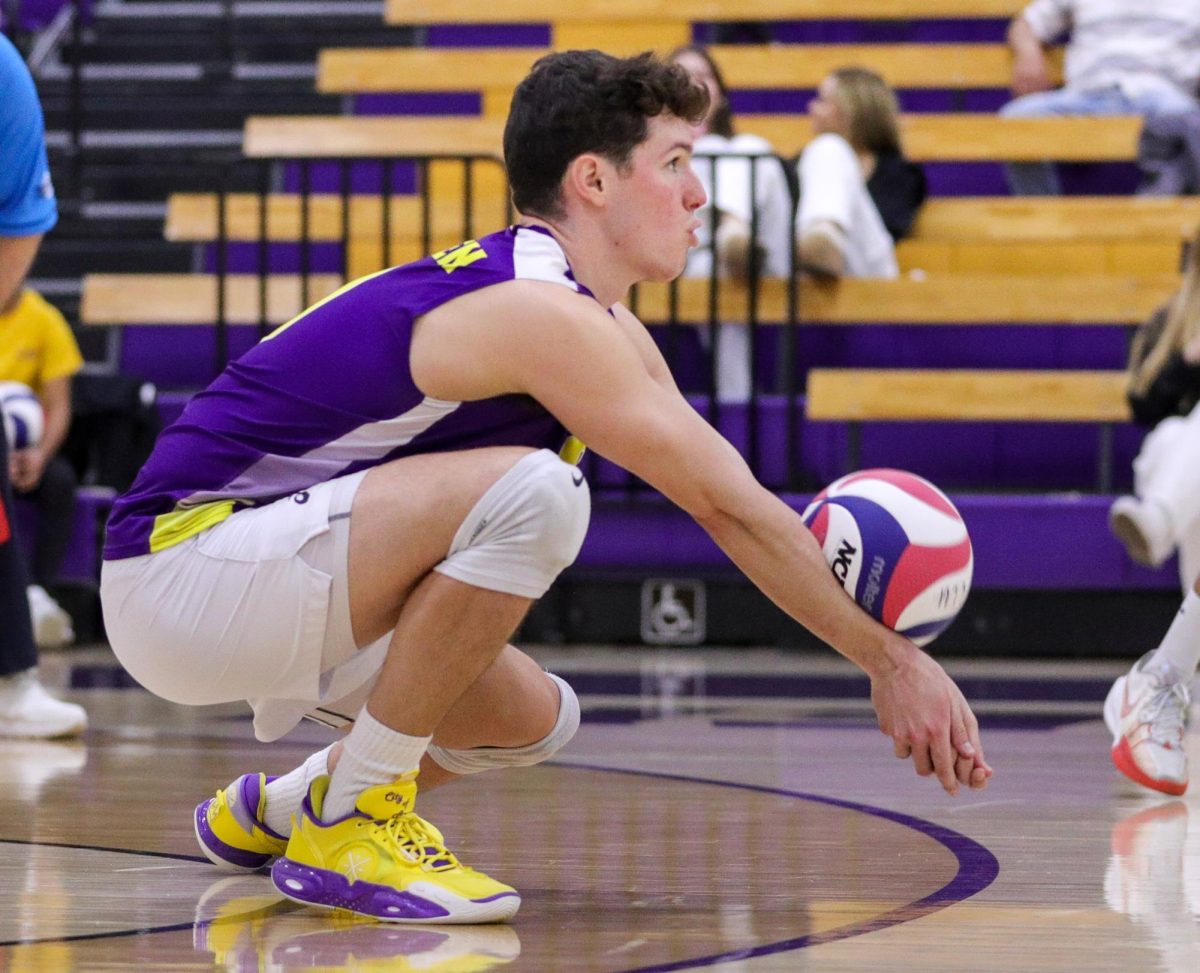Athletics can do more for a person than just fulfill their competitive nature. Athletics can teach a person how to be fair, how to trust others, how to work with others as a team to achieve a common goal and how to properly manage time when combining athletics with other aspects of life.
As an athlete myself, I have experienced the struggles with conflicts of schedules and the effects caused by these conflicts. However, Division III schools participate in an “education-first” model.
In this model, student-athletes do not receive priority registration, unlike division I and II. In turn, these circumstances can create conflicts between team events and classes.
Does this seem fair? Should all athletes under the NCAA umbrella not receive the same treatment across the board, regardless of division or level?
“I don’t really think it’s fair,” California Lutheran University junior football player, Matt Paulsen said. “We have all the same commitments and responsibilities as athletes at any other level, so I don’t see why we wouldn’t get the same advantages as D [division] I or II athletes.”
But the reality of the situation is that we, at the Division III level, are not likely to be participating in athletics at the professional level.
According to Tony Manfred of businessinsider.com, baseball is the only sport where more than two percent of college athletes will play professionally; the majority of these athletes being at the Division I level.
So what does this mean? It means because the chances are so low of competing in athletics professionally, we as students, must prepare ourselves as best as we can to function in the “real world.”
“While there are benefits for giving student-athletes priority registration, I like the student first attitude at the Division III level and feel like students are more prepared career-wise under this model,” Zach Shultis, Assistant Coach for the Kingsmen football team, said.
But the more significant issue is the conflicts created between players and coaches stemming from class schedules interfering with team activities.
“Although we cannot give priority to any students, we do everything within our power to assist athletes with their schedules and try our best to make their athletic and academic schedules coincide,” said Lorraine Purmort, associate registrar of the Registrar’s Office at California Lutheran University.
The athletic conflicts experienced in these situations can be difficult to manage at times. But, according to Shultis, the coaches know that academics come first.
“If anything, it strengthens the athlete/player relationship because it forces the players and the coaches to work together in a ‘one-on-one’ kind of way to get each other on the same page,” Shultis said.
Regardless of how coaches, players and students alike feel about the model we are currently under, it appears it will not change anytime soon.
Though not receiving priority during registration may lead to conflicting schedules among some student-athletes, we must learn to work around our schedules and manage our time accordingly.
Student-athletes should not receive preferred registration because for the vast majority of us who will not compete in athletics professionally, we will be better prepared for our lives and careers upon graduation.
“I realize I probably won’t go pro. I’m just trying to leave here [CLU] a better person than when I was when I got here,” Paulsen said.
Kevin Post
Staff Writer
Published Sept. 25, 2013



